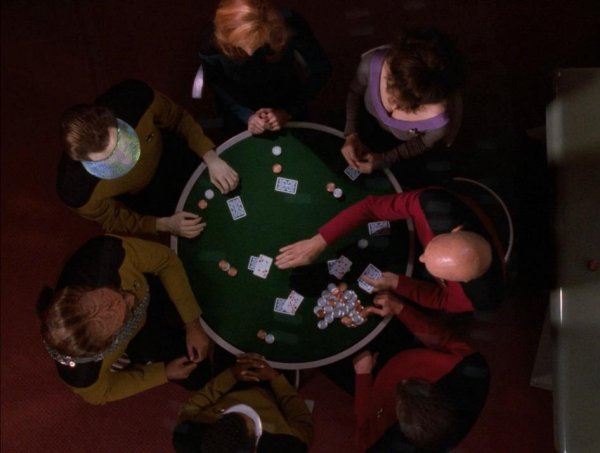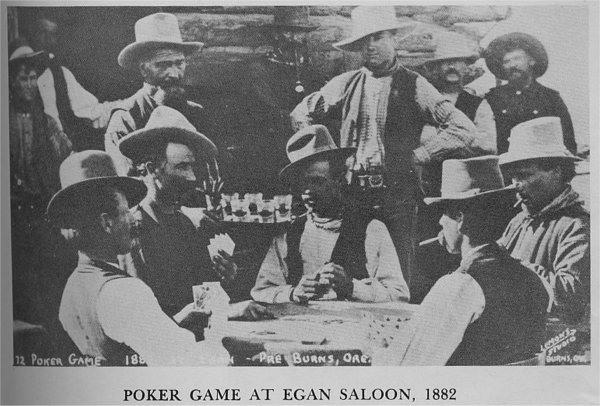|
|
 |
 |
| Origins of Poker |
| |
|
| |
Poca, Poque or
Poker?
In 1970 the first World Series Poker (WOSP) took place in Las
Vegas. Gambling icon and mob boss Benny Binion invited seven well known poker
players his own casino called The Horseshoe Casino, now known as Binion’s
Gambling Hall.
Over time the event has grown and the winner of the WOSP
is considered the ultimate world champion of poker.
By 1980 Poker was
seen as a common part of American culture even appearing on cult shows like
Star Trek; The Next Generation. |
| |
 |
| |
Books on how to
play poker were flying of the shelves and everyone wanted in on the action. By
the late 90’s Poker was live on TV with the first real money
online poker game debuting on British
TV.
By the millennium poker had become an internet sensation. Viewers
could play online as well as learn about the game and discover the inner
workings of the match. The best part? You could play at home in a virtual
reality.
So where did this phenomena begin?
The name
‘poker’ is said to have originated from the Irish Poca (Pocket) or
the French poque, descending from the German pochen (‘to brag as a
bluff’). However, it is not indisputably clear whether the origins of the
game itself can be found in these games.
Originally Poker was thought
to originate from the Persian game of
As-Nas.
However, in the 1990s this theory was disputed by gaming historians with
evidence being shown for the origins being traced back to a French game called
poque.
When the US first played Poker it was with just 5 cards by 1800
it had spread throughout the south and was plated with 52 cards in a variety of
ways.
Gambling spread throughout Mississippi on riverboats, where
gambling was a popular pastime. Soon poker became a large part of the frontier
culture in America. |
| |
 |
| |
| Image source -
www.orww.org |
| |
According the
statistics more than 60 million people play poker in the United
States and more than 100 million play worldwide. More people play
poker than play golf, billiards, or tennis.
|
 |
|
| |
|
|
 |
|
 |